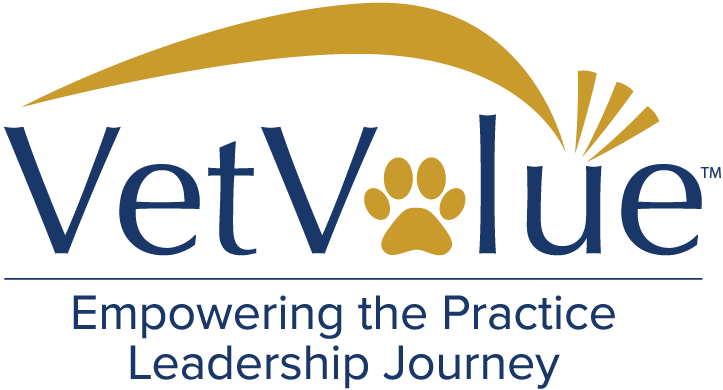Veterinary Practice Consolidators Overview
This list will continue to evolve as veterinary consolidators enter, merge or exit the market. Nevertheless, we feel providing a snapshot of these organizations at this time can provide independent practice owners with some of the knowledge they need to navigate these tricky waters.
Who is Buying Veterinary Practices?
Nevertheless, many of the more than 40 or so consolidators currently in business are smaller players. Some of these consolidators are the brain-child of entrepreneurs. Some were seeded and funded by family offices. Some were founded and funded by private equity firms. And, some were created by enterprising doctors.
These potential acquirers of veterinary hospitals also often have different focuses, sometimes geographic and sometimes based upon the type of practice. For example, the O’Brien Veterinary Group is a small family owned consolidator solely focused on the Chicago metro area market. Meanwhile, Destination Pet is a company, owned by private equity, that is focused on primarily grooming and boarding practices nationally.
Veterinary Integration Solutions
has done some great work on the industry, including compiling a comprehensive list of consolidators, which you can view here
Why Have Veterinary Practices Become the Targets of Corporate Consolidators?
Growing demand for pet healthcare services coupled with the point of sale nature of most practices make animal hospital attractive acquisition targets. This combined little tort risk, make veterinary practices particularly attractive businesses for practice consolidators.
The only problem has been the ability to create businesses large enough to deserve growing valuations. This situation has been addressed by consolidators by just acquiring more veterinary hospitals. A trend often times bemoaned by some veterinary pundits and practice owners.
Just the Facts
Others are ostensibly national, but often try to create a critical mass of practices in certain focused geographic areas. For example, one large consolidator has 19practices in the Atlanta metro area and 13 in and around Memphis. Our assumption is that this strategy allows consolidators to bring synergies to certain markets. It also has as allowed additional acquisitions particularly of smaller practices.
Practice consolidators also often target larger veterinary practice sellers with $1.5 million or more in revenue. This focus is confirmed by the fact that there is an average of 3.5 doctors working in the +2,000 corporate practices we studied.
The Pitch from Most Consolidators
The pitch most practice consolidators make is fairly simple. Namely, we will take over and vastly improve a practice’s back office operations. At the same time, this allows the doctors on staff to do what they are passionate about – practicing veterinary medicine.
This idea makes sense to many practice owners. These doctors often spend a significant amount of their time managing their practice as opposed to practicing medicine. More importantly, it can often be true.
However, the bottom line is how do you go from independent to corporate. Of course, a practice owner wants to get fairly compensated for the value they have created. They also want their practice to continue in the way they envision it should. Fairness and fit are key components of a successful transition from the selling practice owner’s perspective.
Like any complex process, practice owners can benefit from the knowledge of experienced advisor. The right advisor can ensure that if a transition is appropriate it is done using a market-based process. This type of process helps drive valuations in favor of the practice owner. It also allows a focus on which of the many consolidators would be the best partner.


